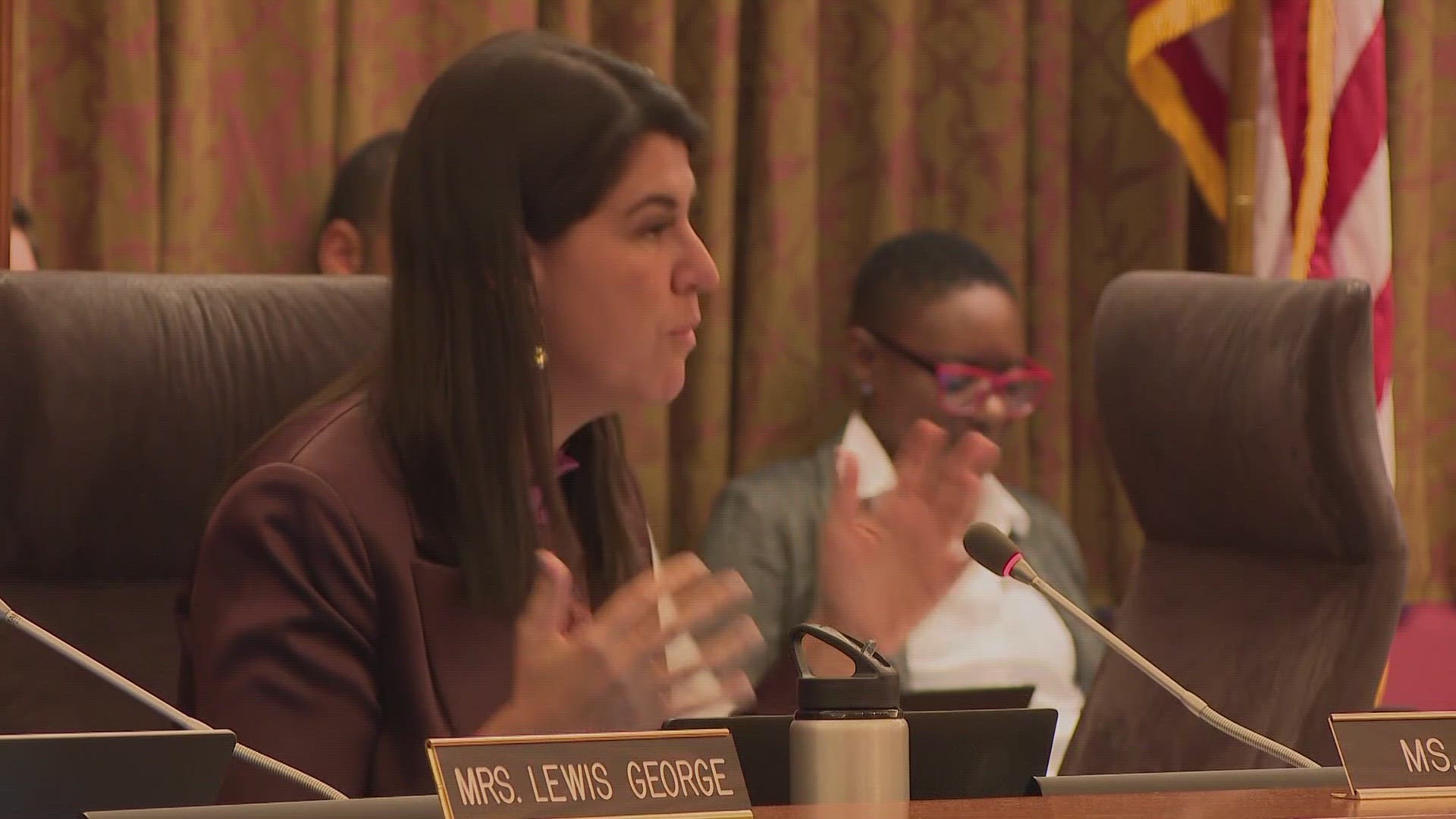WASHINGTON D.C., DC — The District ended 2023 with the highest murder rate we have seen in two decades and while MPD data shows most violent crime is down so far this year, robbery is up 28% from this time last year. As crime continues to be a top concern, a massive crime package that aims to help curb violence was put to the test.
For the first time since the Secure DC Omnibus bill was introduced January 10th, lawmakers had a chance to pick apart the bill and voice their concerns.
“This is our opportunity for the council to say we are moving our city forward,” said bill sponsor CM Brooke Pinto.
Pinto’s bill includes over one hundred initiatives from twelve small crime proposals already debated in the council and in public hearings, but not all the provisions have the full support of her colleagues.
“I want to understand how drug free zones proposal makes us safer?” asked Councilmember At-Large Robert White.
“There are hot spots where there’s not only drug activity, but weapons and homicides have occurred on the block, so I think it’s an important tool to allow police to disrupt criminal activity,” responded CM Pinto.
“It seems like this activity, even if disrupted, will move one block over,” CM White countered.
Drug free zones failed ten years ago because of civil rights violations, but supporters believe this version is constitutionally sound because of one new provision that says police can only make arrests if someone shows “intent to commit a crime.”
“When we first talked about drug free zones, I was a skeptic because of the constitutional issues we ran into last time we attempted this,” explained Chairman Phil Mendelson, “but this bill has language that I believe makes it constitutional.”
Councilmember Kenyan McDuffie said he had questions about police collecting DNA from anyone arrested for a felony as opposed to when they faced charges.
“My biggest concern is the provisions that appear to be an abandonment of police reform,” said CM Janeese Lewis-George.
“I reject that premise that we are abandoning our values,” Pinto reacted.
Councilmembers Lewis-George and McDuffie also wanted more data to see if pretrial detention for those accused of violent crime is working to keep us safer. CM Lewis-George said data that suggests the number of people waiting for trial inside DC Jail has increased by 30% since the emergency crime bill was passed in July 2023.
“We have two weeks until the first vote so I look forward to continuing the conversation with my colleagues we may have to tweak some language to make it the strongest it can be,” said CM Pinto.
Voting is scheduled for February 6th.

